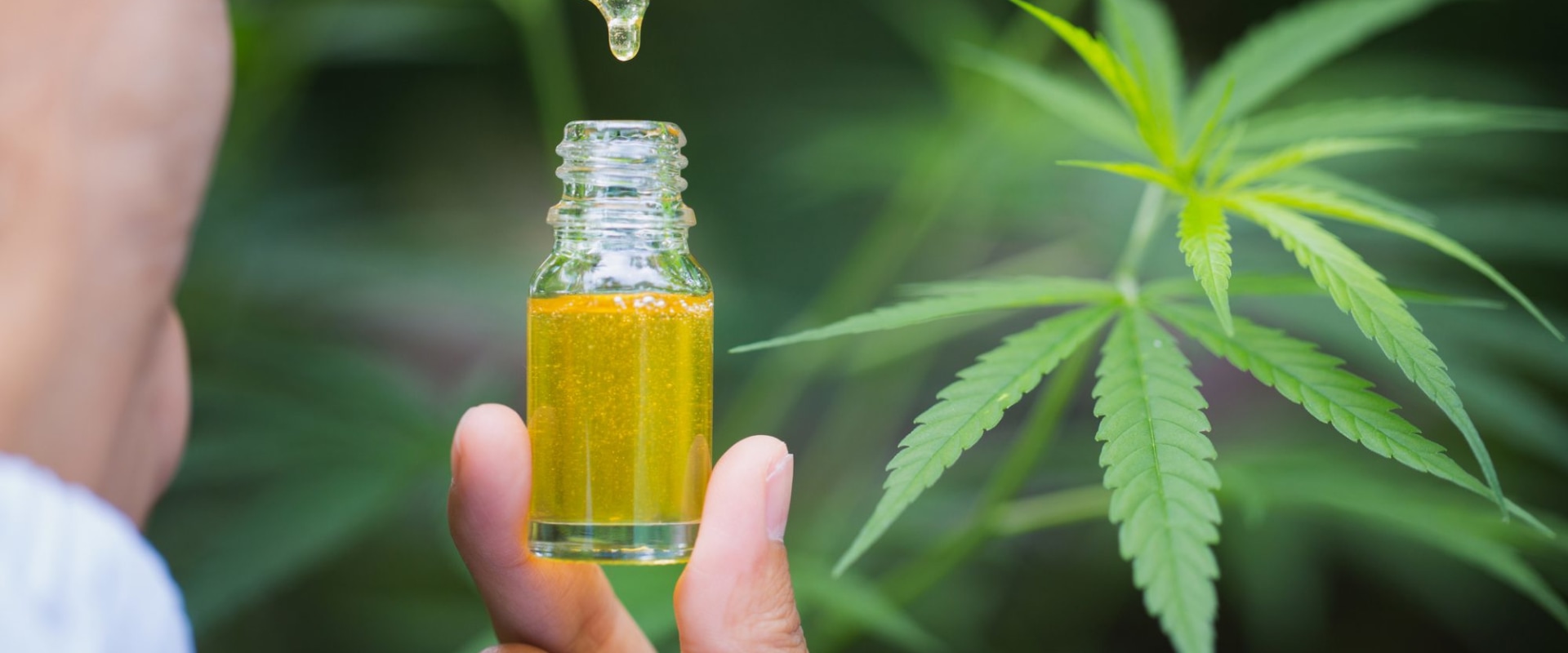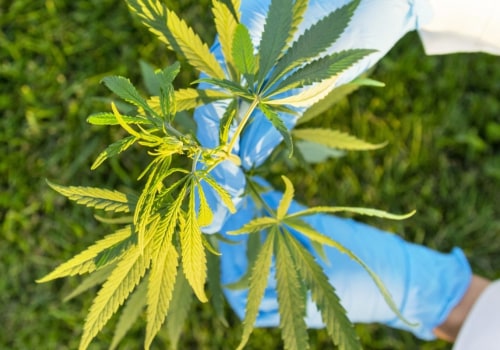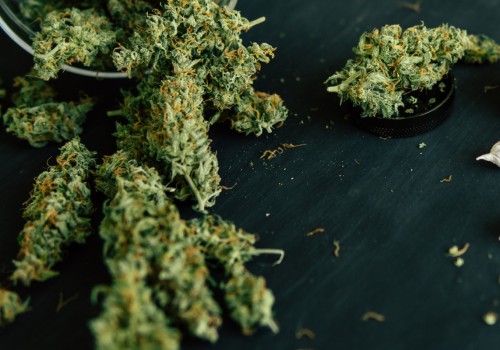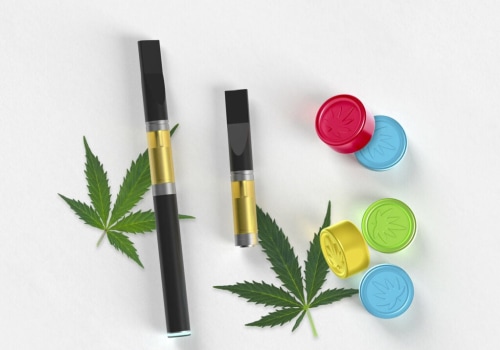CBD is becoming increasingly popular as a treatment for a variety of mental health issues, including opioid use disorder, anxiety, and depression. Recent evidence suggests that up to 50% of psychiatric patients who use CBD do not report this to their physicians, highlighting the perceived efficacy of CBD by consumers and the potential risks of unregulated, low-quality products. While researchers are cautiously optimistic that CBD may be useful in treating some types of pain, more high-quality studies are needed to determine its effectiveness in treating pain. Additionally, CBD may help reduce anxiety associated with PTSD and social performance, and may have beneficial effects on the heart and circulatory system.
Currently, several studies are being conducted to analyze the benefits of pharmaceutical CBD for specific conditions, including psychosis. However, research results are mixed and more studies are needed to evaluate its effectiveness and safety. Naturalist studies of CBD report better cognitive performance, including memory, increased gray matter in the hippocampus, and fewer psychotic symptoms in patients receiving higher doses of CBD. Despite this evidence, there is still not enough high-quality evidence to support the use of CBD to treat mental illness.
CBD is a 5HT-1A receptor agonist which can lead to a unique effect when combined with its action on cannabinoid receptors. It is important to evaluate the individual pharmacodynamic and pharmacokinetic effects of CBD and Δ9-THC in different treatments. Products labeled as full-spectrum or broad-spectrum contain multiple cannabinoids which supposedly provide the therapeutic benefits of the entourage effect without the psychoactive effects of THC. When considering using CBD for mental illness, it is important to consult with a physician first.
CBD can interfere with the metabolism of certain medications, which can change the way your medications affect the body. Additionally, sleep is a critical component of mental health and wellness; according to the Centers for Disease Control and Prevention (CDC), one-third of U. S. adults do not get enough sleep.




